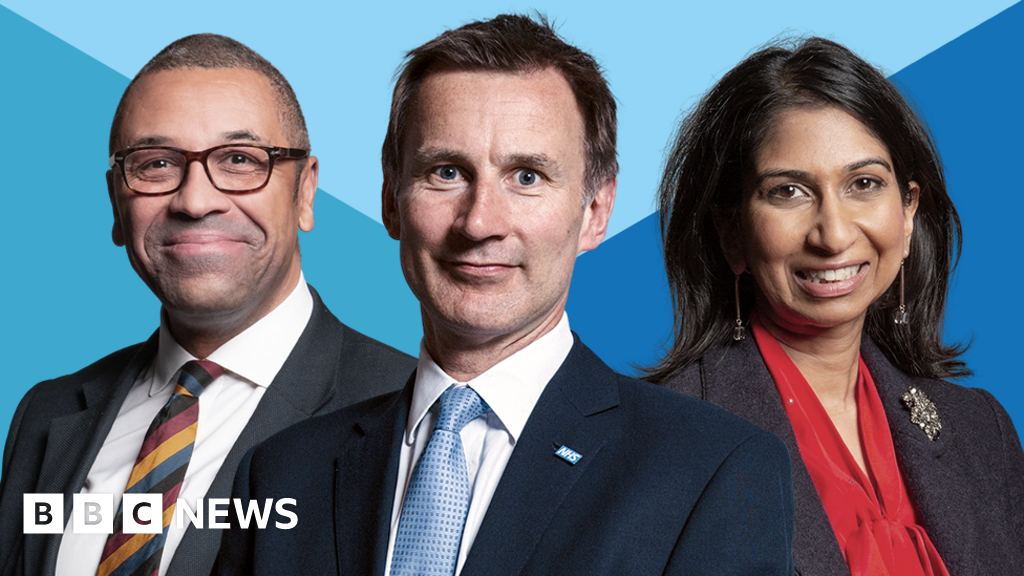Post WW2 war politics in the UK has tried to come up with an answer to the question of what parts of the economy should be the preserve of government monopoly and what should be subject to a competitive market economy.
There are two polar extremes: on the left, all parts of the economy should be centrally planned and managed by the government. This was how it was in wartime and after WW2 there was a policy of nationalising important parts of the economy and bringing it under centralised government control. Some of these policies were very popular, especially healthcare and foundation of the National Health Service. State monopolies were created for coal mining, steel making, electricity generation, railways, gas…quite a long list, especially by the immediate post war Labour government who saw it as a political project. Very socialist. Bear in mind this was after six years of war, when many parts of the economy were under government control as a part of the war effort. The collective mentality persisted as consensus, even amongst Conservatives.
This consensus came to an abrupt end in 1979 when there was a complete loss of faith that a Labour government could run the economy and accommodate the demands of the powerful Labour Unions after a decade of industrial relations strife that brought down a succession of governments.
The UK was an economic basket case - the ‘Sick man of Europe’ - and other European economies seemed to develop faster. The Conservatives on the right of UK politics were until that time ‘One Nation’ Conservatives that believed in consensus politics.
The country swang to the right and Thatcher introduced a series of radical economic reforms that curtailed the power of the Labour unions and set about rationising industry and privatising parts that were nationalised are creating a market driven economy.
Just as some nationisations seemed to work and others led to poor service and quality. The privatisations sometimes worked and sometimes did not. The privatised railways have been poorly performing. The water companies are little more than private monopolies that do not look after the pipes and pollute the rivers. The gas and electricity companies are now being scrutinised because of the energy crisis.
So Kier Starmer, leader of the Labour Party, is frequently asked : what will you nationalise. This is a pretty loaded question because it basically means will you return to the ideology driven economic policies of the past? On the Conservative side, there is an opposite suspicion of their desire to role back regulation and safeguards, especially any associated with the EU.
The UK is now going through a difficult period economically and sound, pragmatic leadership is required. Hopefully the party pleasing idealogical playbook solutions such as those pursued by Liz Truss are at and end. Rishi Sunak leads a fractious party and he does not have the authority of a PM that has won a General Election. It will be interesting to see whether he can hold it together and make some sort of progress with the economy.
I have my doubts. He may be capable, but the economic challenges are very large. The UK has a mountain of debt, escalating interest rates and growth has been flat and is now going into recession. He will have to cut spending and restrict wage increases at a time when inflation is rising. Everyone is going to blame him for their woes.
